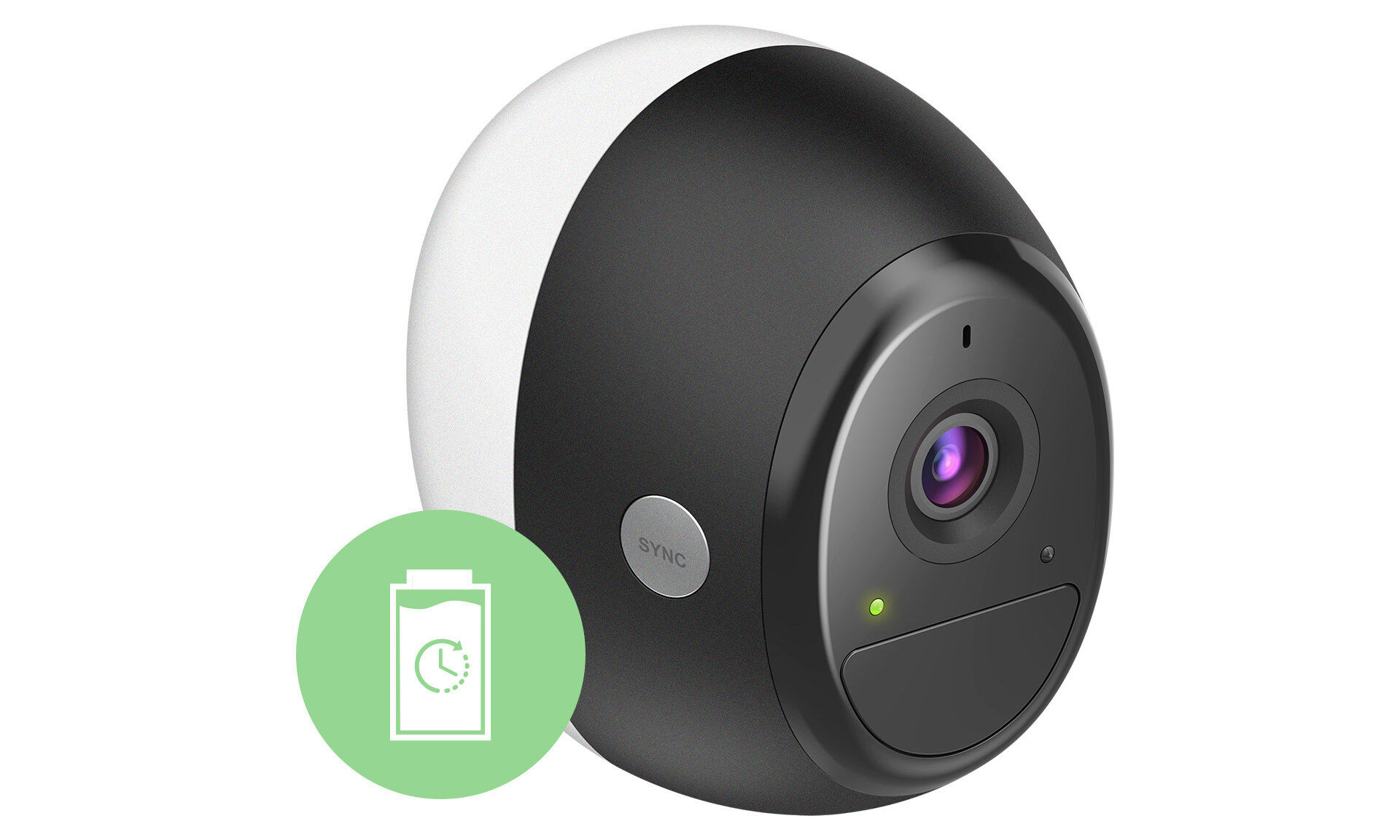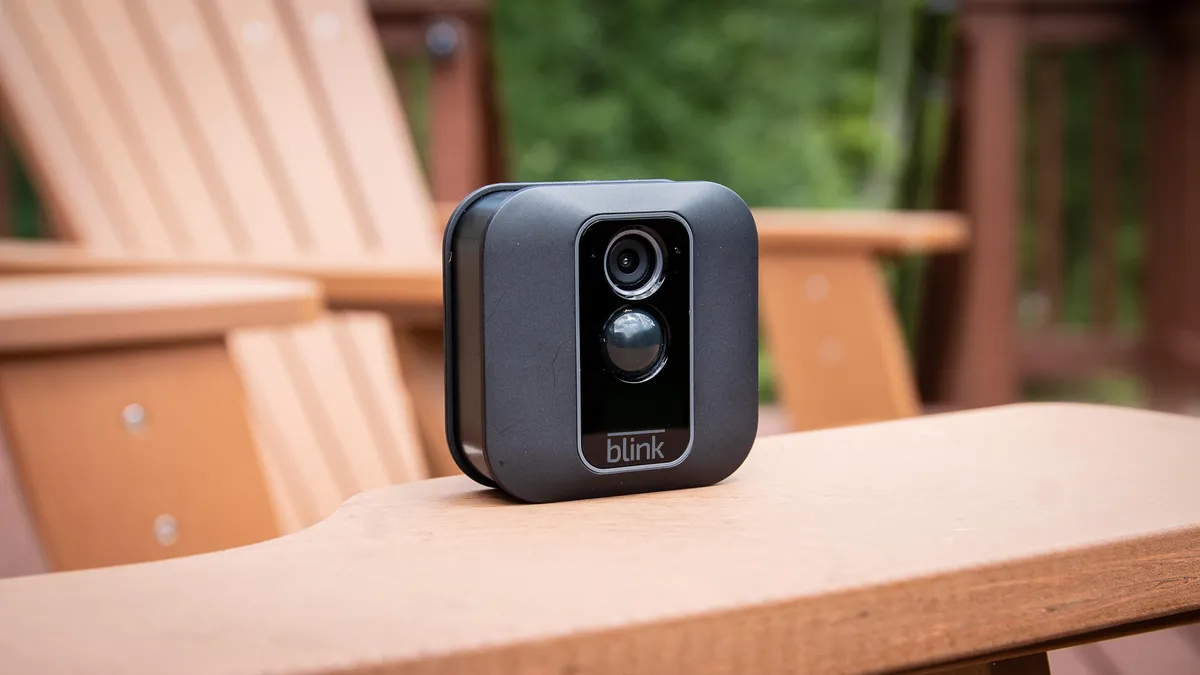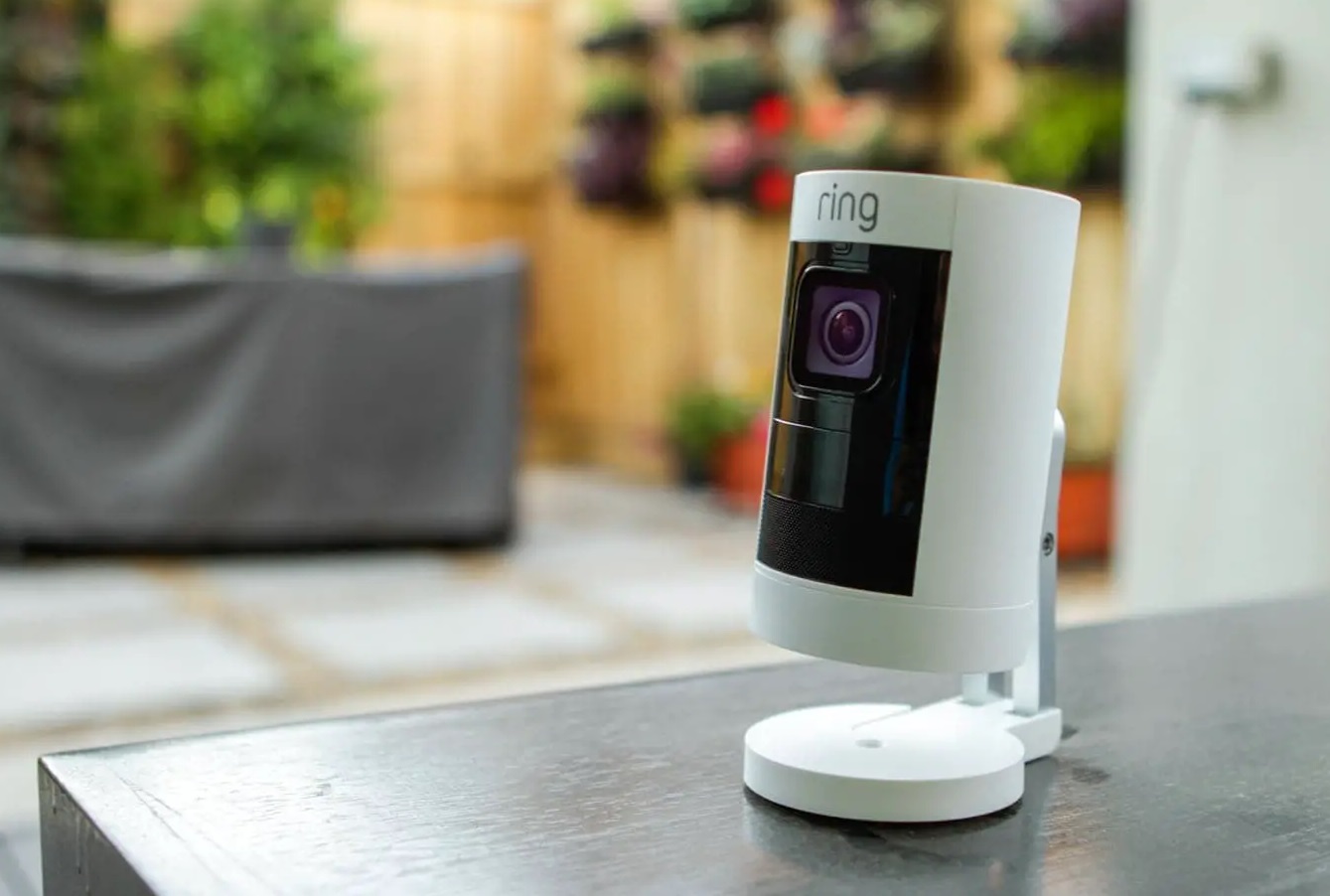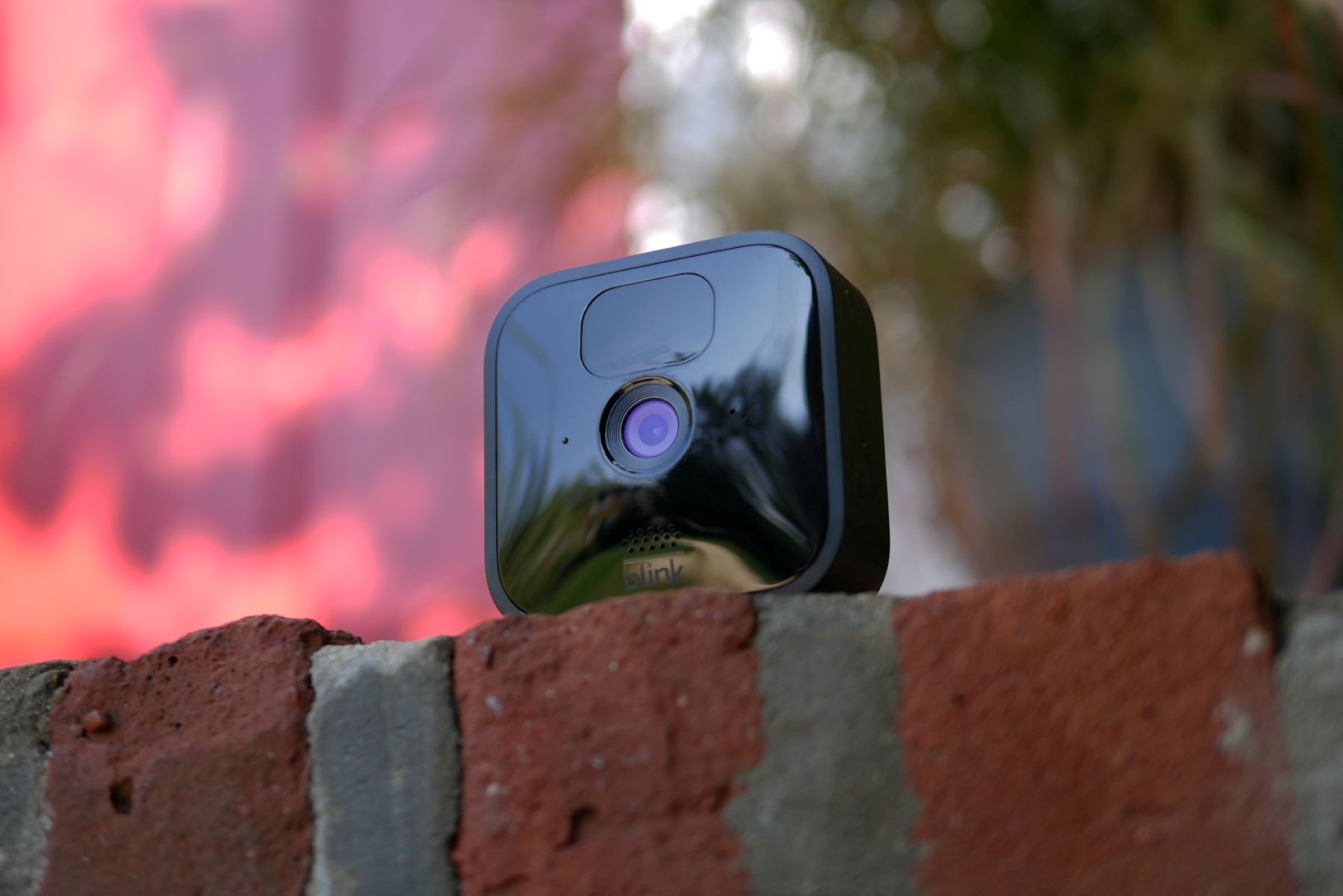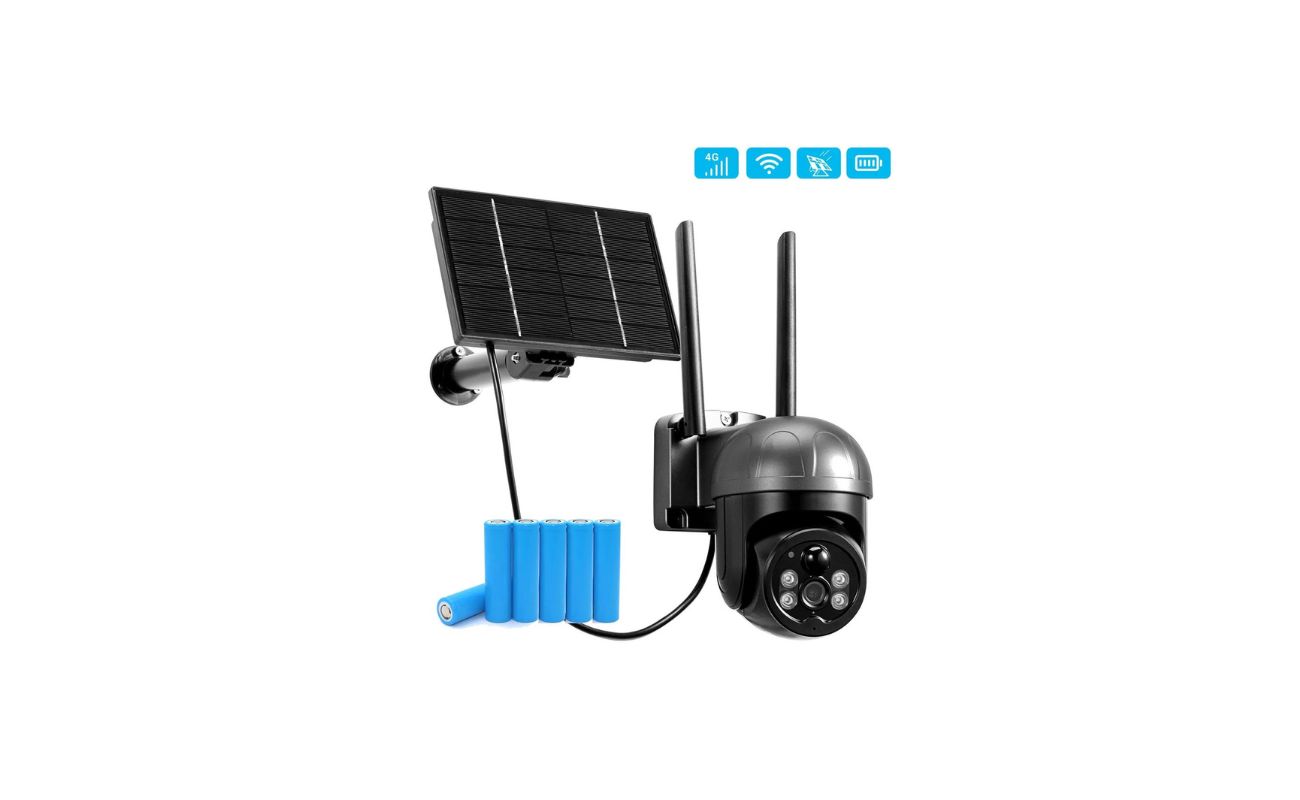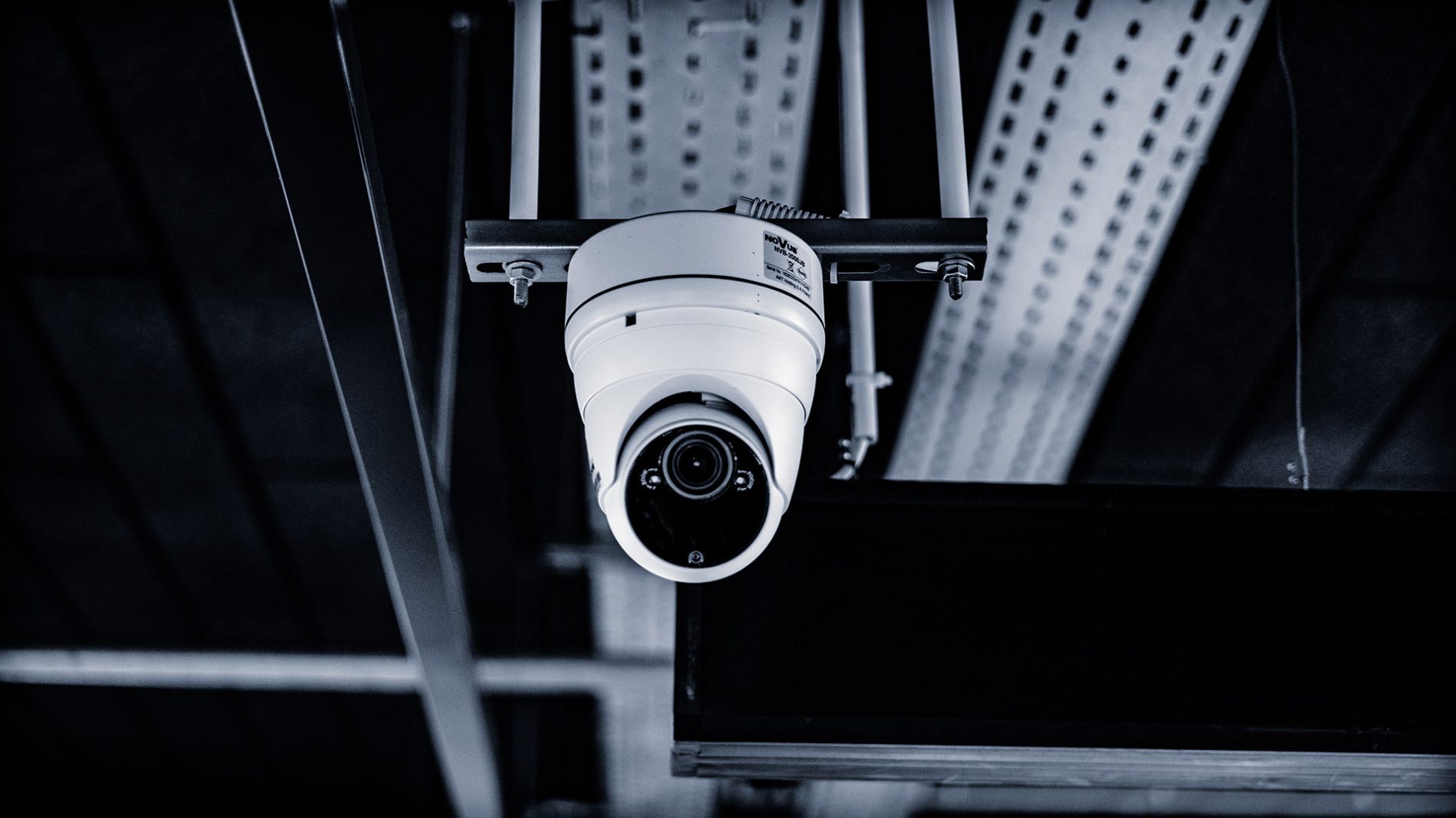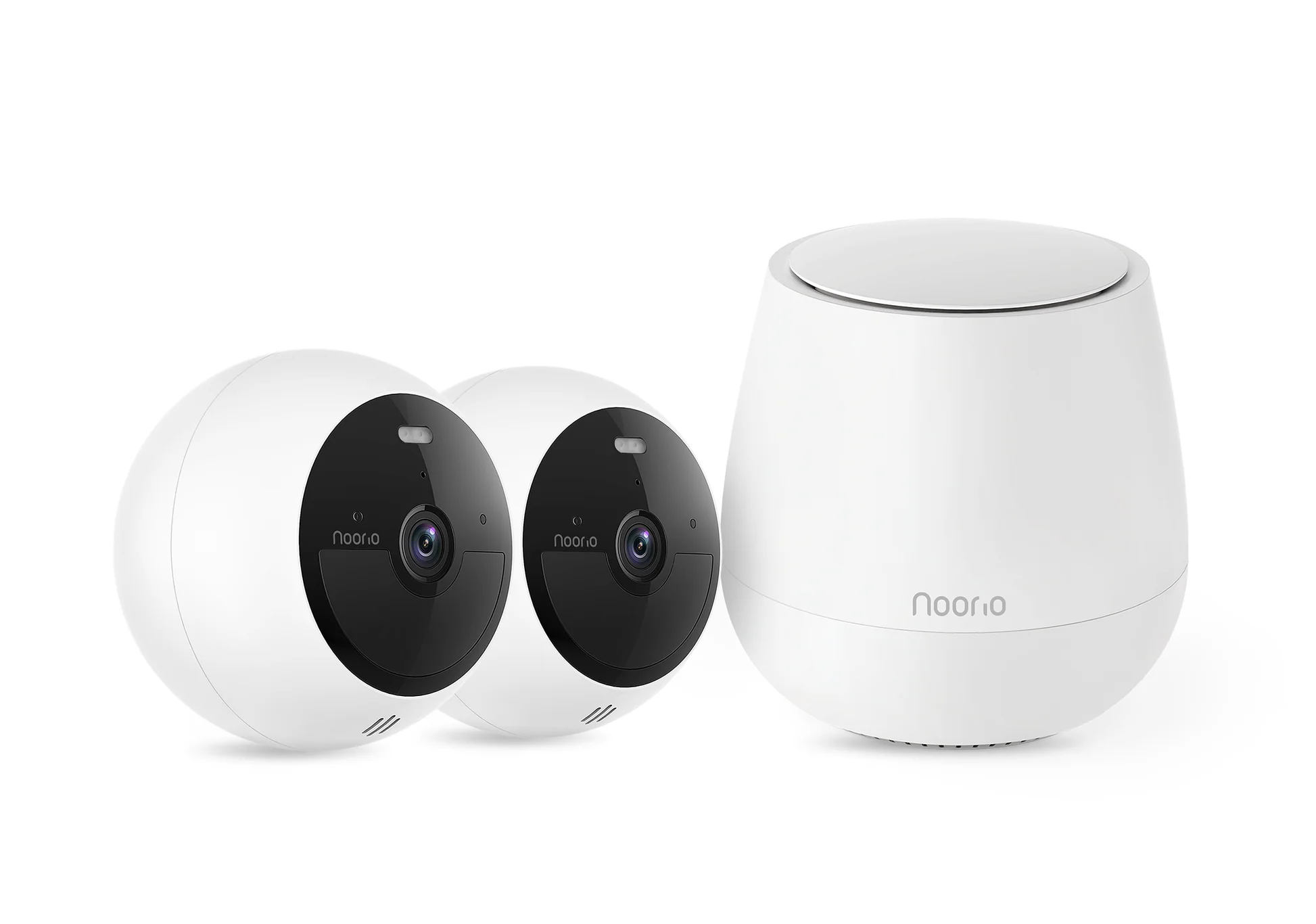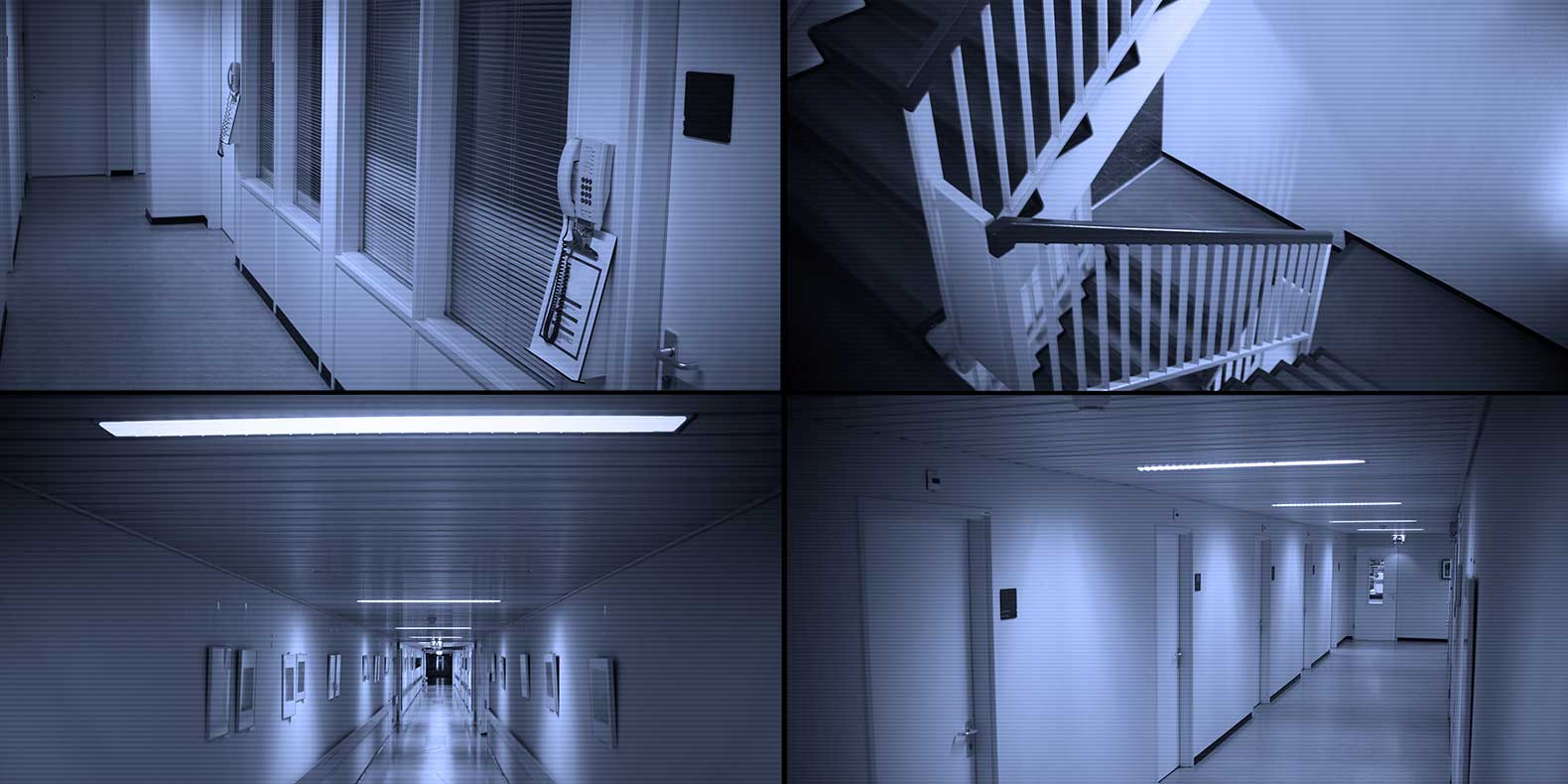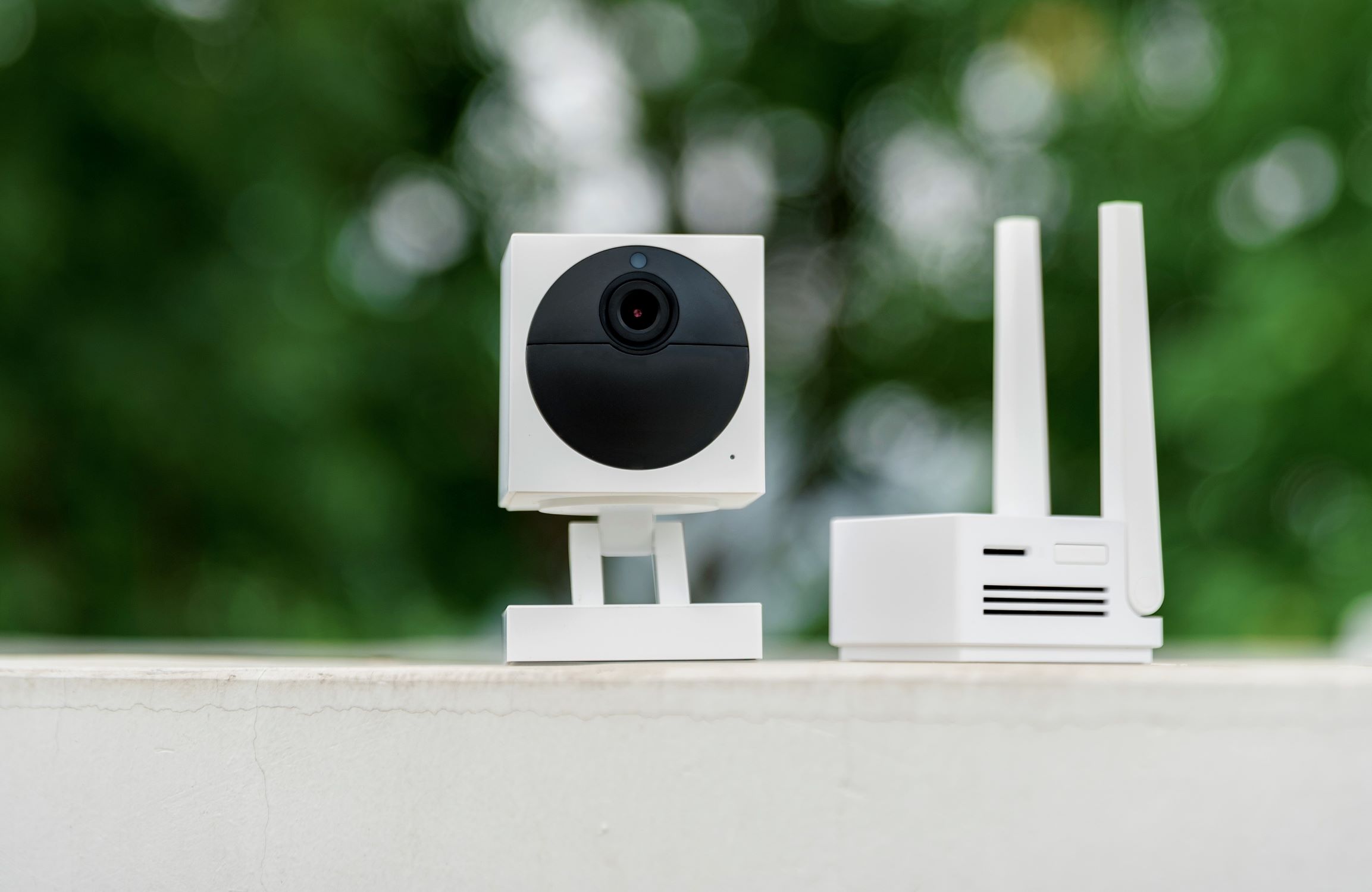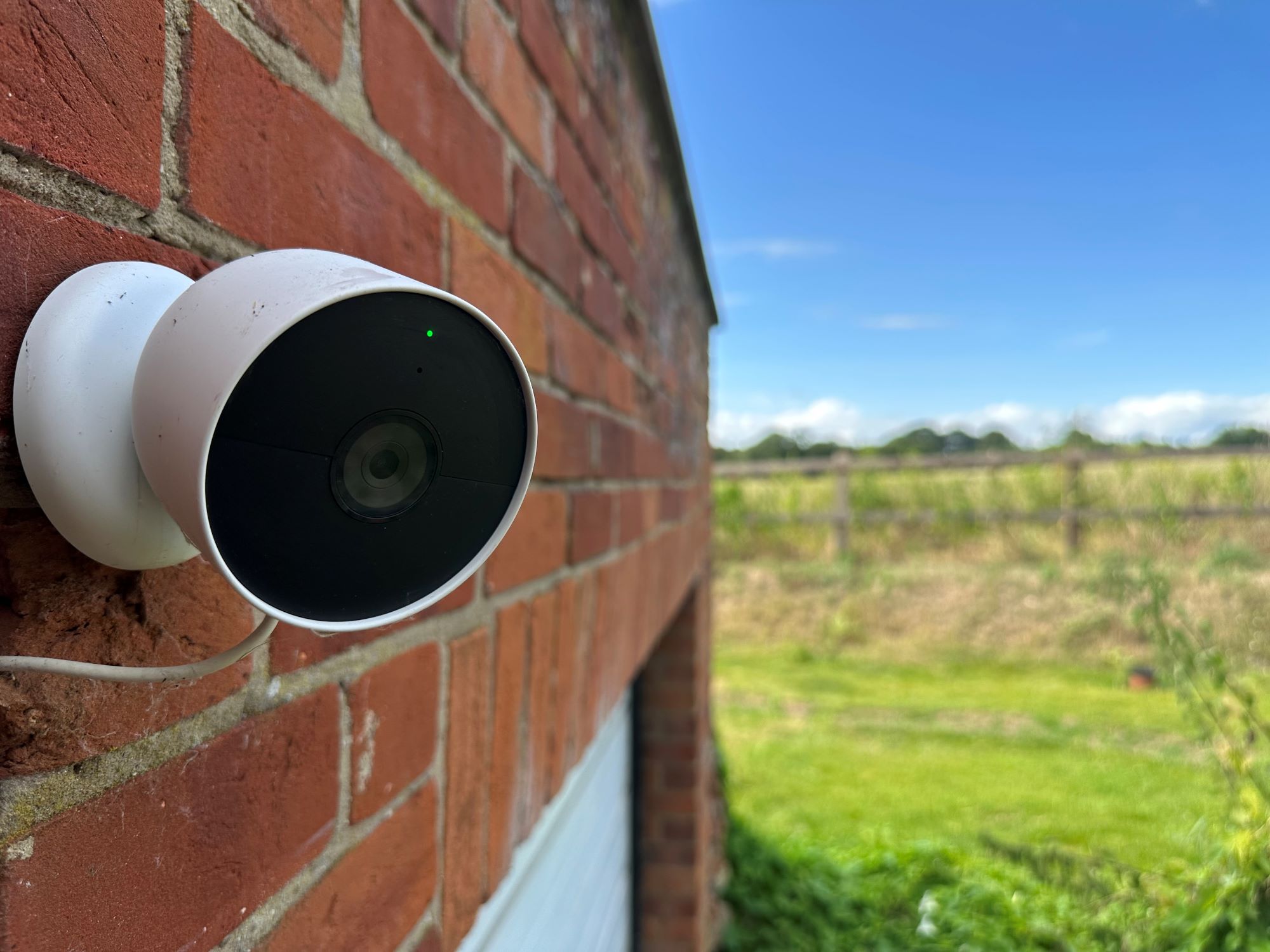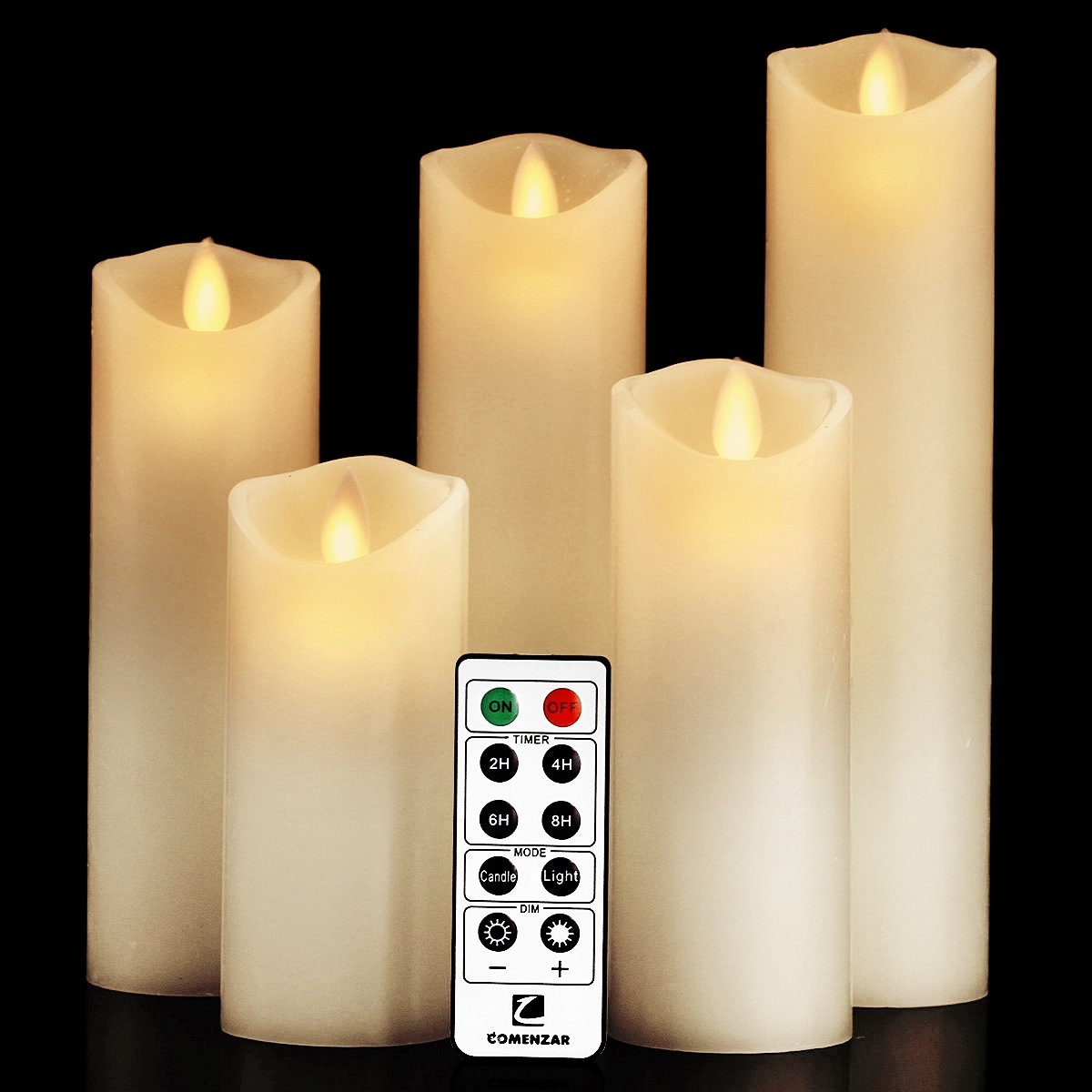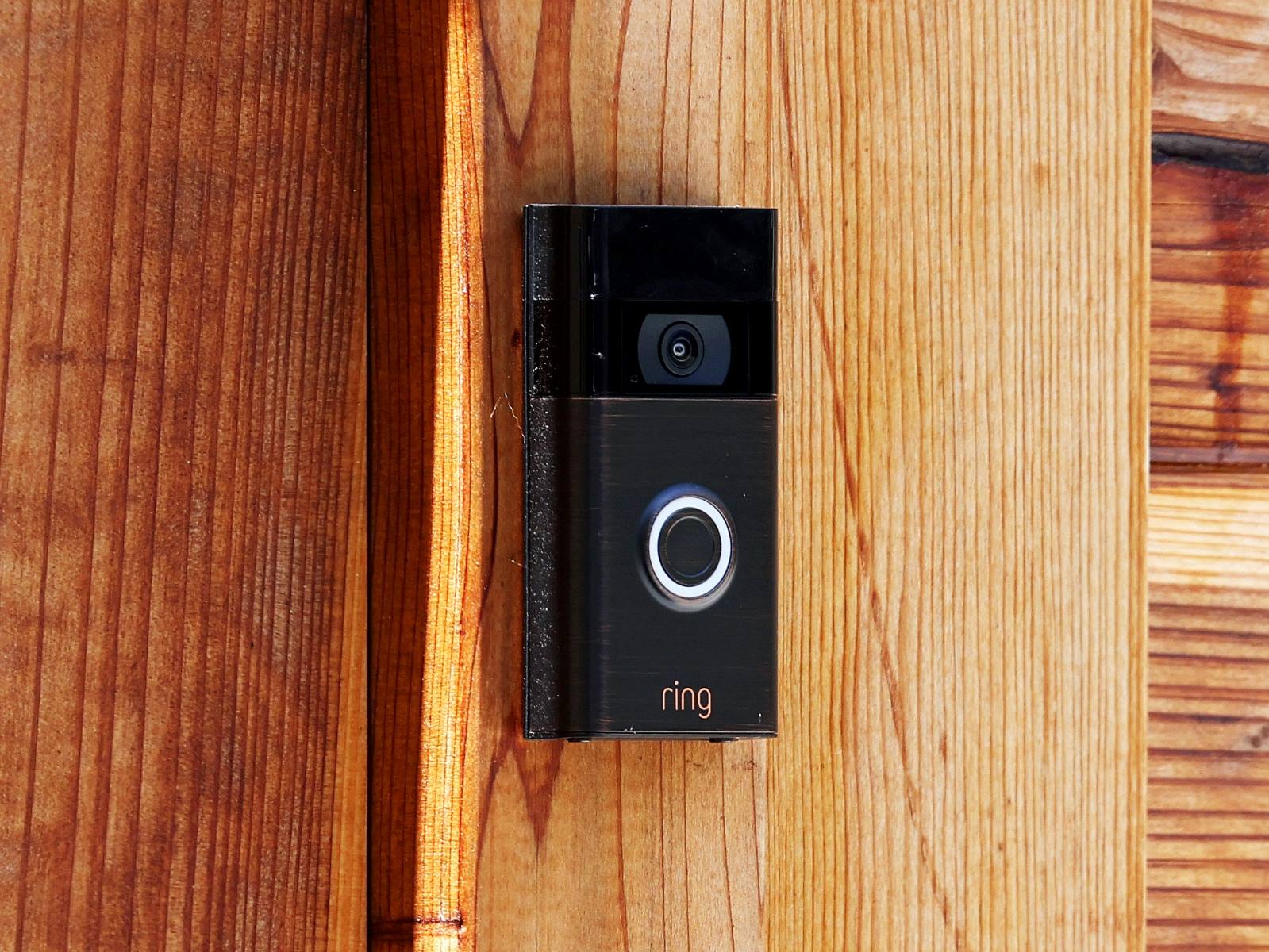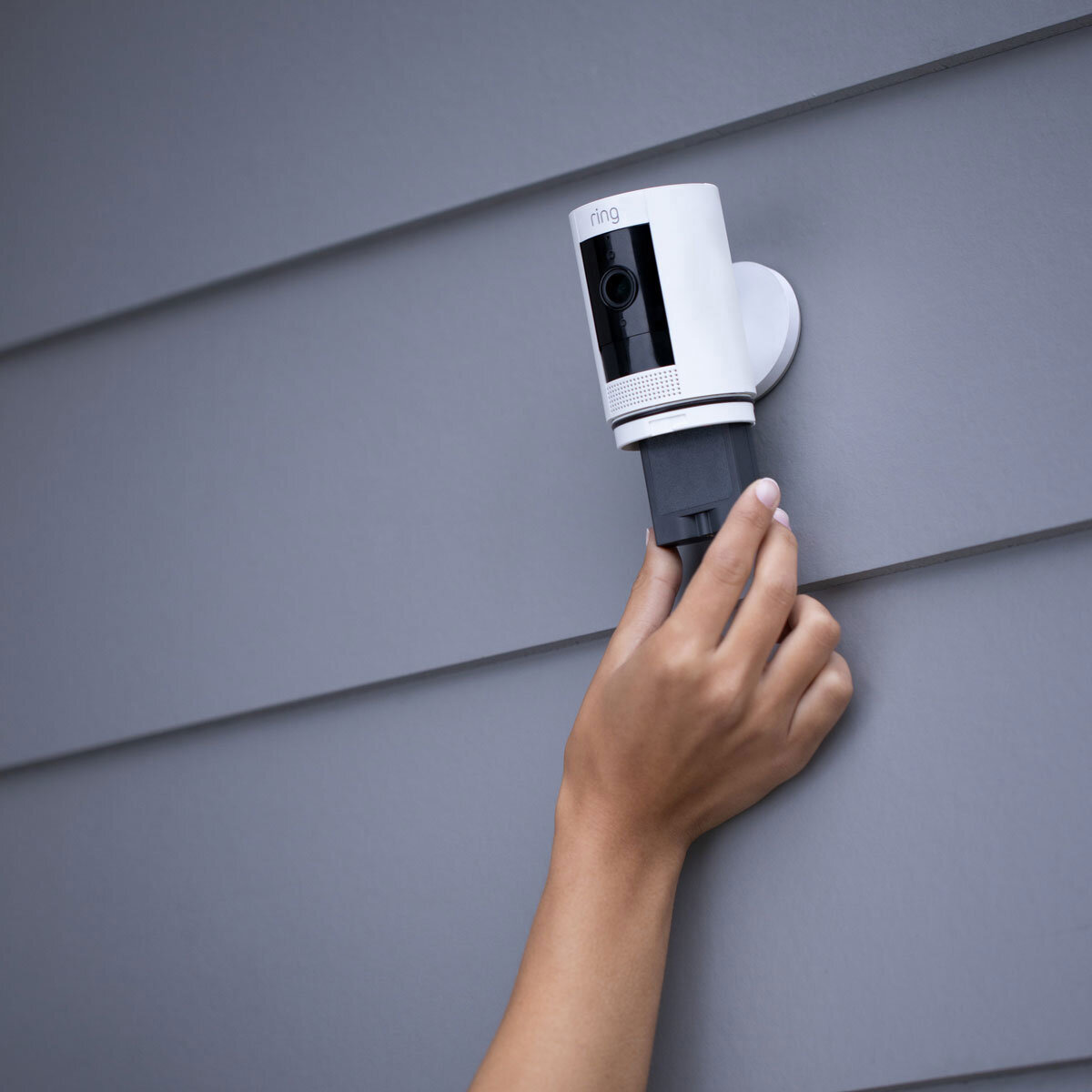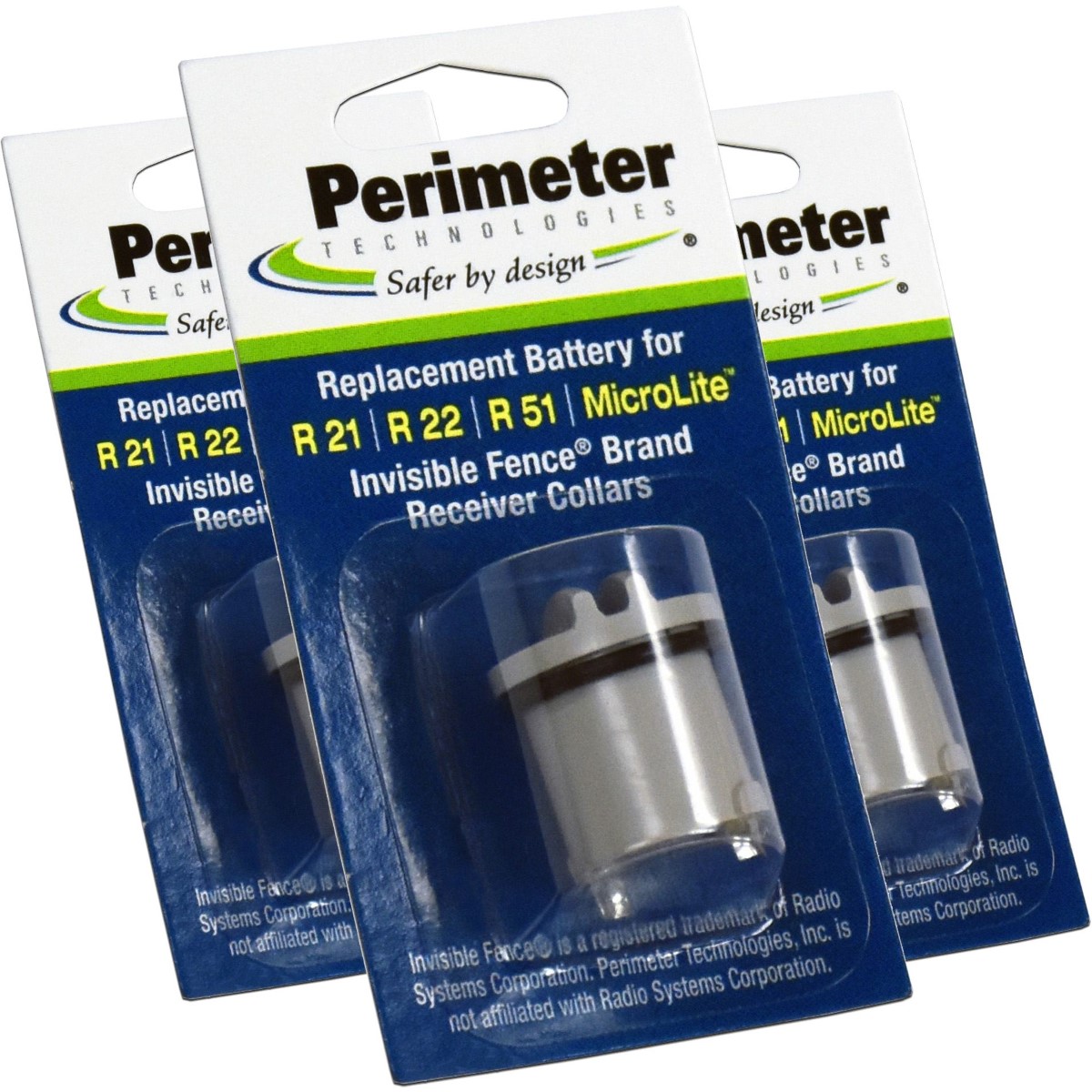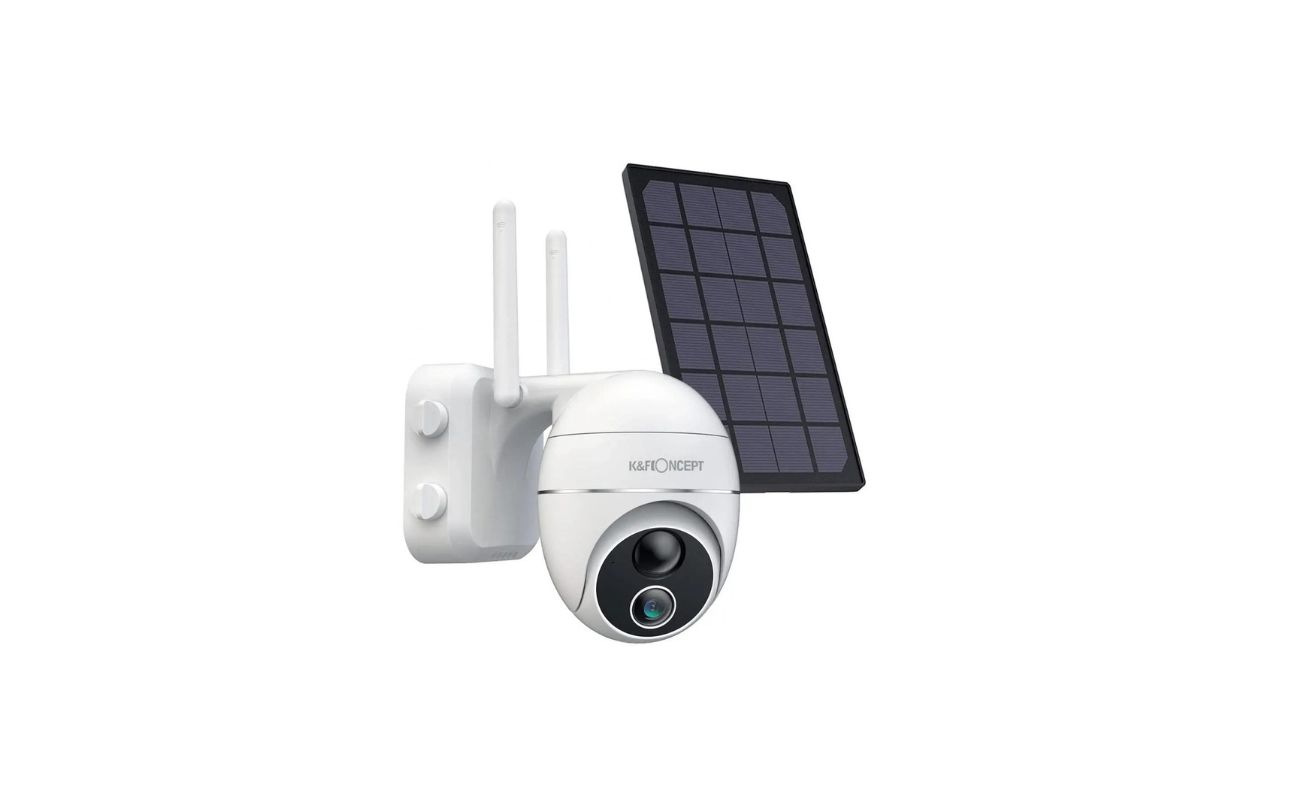Home>Home Security and Surveillance>How Long Do Batteries Last On Wireless Security Cameras
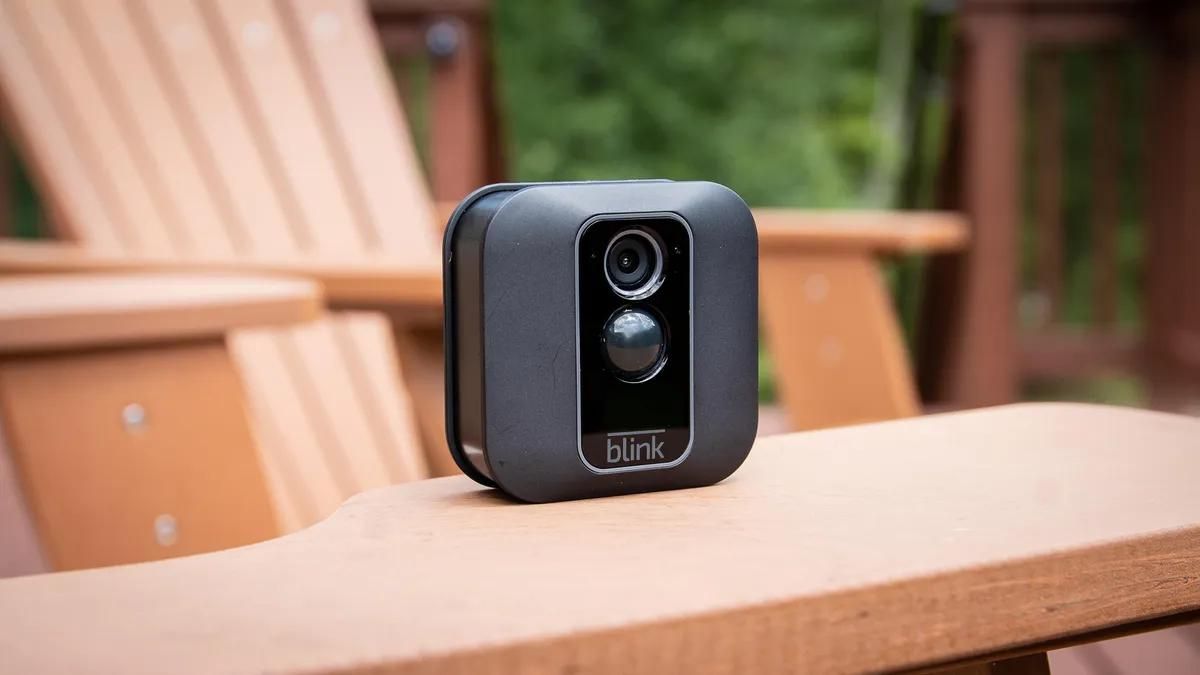

Home Security and Surveillance
How Long Do Batteries Last On Wireless Security Cameras
Modified: March 6, 2024
Discover how long the batteries on wireless security cameras last and ensure optimal home security and surveillance. Find out the lifespan of batteries for ultimate peace of mind.
(Many of the links in this article redirect to a specific reviewed product. Your purchase of these products through affiliate links helps to generate commission for Storables.com, at no extra cost. Learn more)
Introduction
Welcome to our comprehensive guide on how long batteries last on wireless security cameras. If you’re considering investing in a wireless security camera system for your home, one crucial factor to consider is the battery life. After all, you want your cameras to be powered and operational for as long as possible to ensure proper surveillance.
Wireless security cameras have become increasingly popular in recent years due to their ease of installation and flexibility. Unlike traditional wired cameras, they don’t require complicated cabling and can be placed virtually anywhere around your property. However, as they rely on batteries for power, it’s essential to understand how long these batteries typically last and what factors can affect their lifespan.
Before we delve into the specifics, it’s important to note that the battery life of wireless security cameras can vary significantly depending on several factors. These factors include the brand and model of the camera, the usage patterns, the camera’s features and settings, and the environmental conditions in which they are installed.
Additionally, the battery life can also be influenced by the type of batteries used. Some wireless security cameras use standard AA or AAA batteries, while others come with rechargeable lithium-ion (Li-ion) batteries. The type of battery you choose can have a direct impact on how long your cameras will operate before needing a replacement or recharge.
In the following sections, we will dive into these factors in more detail to provide you with a clear understanding of how long batteries last on wireless security cameras. We will also explore the battery life of different popular wireless security camera brands and provide you with tips to extend the battery life of your cameras. By the end of this guide, you’ll be equipped with the knowledge needed to make an informed decision when it comes to selecting and maintaining your wireless security cameras.
Key Takeaways:
- Wireless security camera battery life varies based on usage, features, and environmental conditions. Choosing the right camera and optimizing settings can extend battery life for uninterrupted surveillance.
- Consider factors like camera placement, motion detection sensitivity, and power-saving features to maximize battery life. Solar-powered options offer an eco-friendly alternative for extended surveillance.
Factors Affecting Battery Life on Wireless Security Cameras
The battery life of wireless security cameras can be influenced by several factors. Understanding these factors will help you manage your cameras’ power consumption effectively and ensure that they operate optimally. Let’s explore the key factors that can affect the battery life of your wireless security cameras:
- Camera Usage: The amount of time your cameras are actively recording or streaming footage directly impacts battery life. If you have cameras in high-traffic areas or areas with constant motion, the battery will drain faster compared to cameras in less busy locations.
- Camera Features and Settings: Advanced features such as motion detection, night vision, and two-way audio can consume more power. Adjusting the settings on your cameras to optimize these features can help extend battery life.
- Resolution and Quality: Higher resolution and video quality require more processing power and can drain the battery faster. Consider balancing the need for clear footage with longer battery life by adjusting the camera’s resolution settings.
- Wireless Connectivity: The strength and stability of the wireless connection between the camera and the base station or router impact battery life. Weak or unstable connections can cause the camera to consume more power as it constantly tries to establish a connection.
- Environmental Conditions: Extreme temperatures, whether it’s excessive heat or freezing cold, can affect battery performance. It’s essential to choose cameras designed to withstand the environmental conditions in which they are installed.
- Battery Type: The type of battery used in your wireless security cameras can also impact battery life. While standard AA or AAA batteries are convenient and readily available, they may not last as long as rechargeable lithium-ion (Li-ion) batteries, which are more commonly used in wireless security cameras.
- Battery Capacity: The capacity of the battery directly affects how long it will last. Cameras with larger battery capacities can provide longer operational times before needing to be recharged or replaced.
By considering these factors and implementing strategies to optimize your cameras’ settings and usage patterns, you can maximize the battery life of your wireless security cameras. In the next section, we will explore the battery life of popular wireless security camera brands to provide you with a better understanding of what to expect from different camera models.
Battery Life of Different Wireless Security Camera Brands
When it comes to battery life, different wireless security camera brands offer varying performance. It’s essential to consider this factor when choosing the right cameras for your home surveillance needs. Let’s take a closer look at some popular wireless security camera brands and their estimated battery life:
- Brand A: Brand A offers wireless security cameras with an average battery life of 3-6 months, depending on usage. These cameras come with rechargeable lithium-ion batteries and offer advanced features like night vision and motion detection.
- Brand B: With Brand B, you can expect a battery life of around 4-8 months. Their cameras utilize standard AA or AAA batteries, providing convenience and flexibility. However, it’s important to note that the battery life may vary based on the camera’s settings and features.
- Brand C: Brand C specializes in outdoor wireless security cameras and boasts an impressive battery life of 6-12 months. These cameras are equipped with high-capacity rechargeable batteries and are designed to withstand harsh weather conditions.
- Brand D: Offering excellent battery life, Brand D’s wireless security cameras typically last 8-12 months before needing a recharge or battery replacement. These cameras feature advanced motion detection technology and provide crisp video footage.
- Brand E: Brand E’s wireless security cameras come with rechargeable batteries and have a battery life of around 3-5 months. These cameras offer easy installation and intuitive user interfaces.
It’s important to note that the battery life provided by these brands is an approximation and can vary based on various factors discussed earlier. Additionally, it’s always a good idea to read customer reviews and consult with the manufacturer to get a better understanding of the battery life for specific camera models.
Now that we’ve discussed the factors affecting battery life and explored the battery life of different wireless security camera brands, let’s move on to the next section, where we’ll provide you with valuable tips to help extend the battery life of your cameras.
To maximize the battery life of wireless security cameras, consider using lithium batteries, adjusting motion detection settings, and placing the cameras in areas with good Wi-Fi signal strength.
Tips to Extend Battery Life on Wireless Security Cameras
Maximizing the battery life of your wireless security cameras is essential for uninterrupted surveillance. By implementing these tips, you can ensure that your cameras operate efficiently and save on battery usage:
- Optimize Camera Placement: Position your cameras strategically to minimize unnecessary motion detection triggers. Avoid placing them in areas with constant movement, such as busy streets or heavily trafficked areas, as this can drain the battery faster.
- Adjust Motion Detection Sensitivity: Fine-tuning the motion detection sensitivity can help reduce false alarms and unnecessary recordings, ultimately conserving battery life. Experiment with different sensitivity levels to find the optimal setting for your specific needs.
- Customize Recording and Notification Settings: Evaluate how long you need your cameras to record and the frequency of notifications. Adjusting these settings can help optimize battery usage. For example, reducing the recording length per motion-triggered event or decreasing the frequency of push notifications can significantly extend battery life.
- Utilize Scheduled Recording: Many wireless security cameras offer the option to schedule recording times. If you know specific periods when surveillance is unnecessary, such as when you’re at home or during quiet hours, consider utilizing this feature to conserve battery power.
- Enable Power-Saving Features: Most wireless security cameras have power-saving options that help conserve energy. These features may include sleep mode, where the camera temporarily powers down during inactive periods, or adjusting the frame rate to reduce power consumption.
- Upgrade to Efficient LED Lights: If your cameras have night vision capabilities, consider upgrading to models that use energy-efficient LED lights. LED lights consume less power than traditional infrared lights, helping to extend battery life without compromising on image quality.
- Regularly Clean Camera Lenses: Dust and dirt on camera lenses can impact image clarity and force the camera to use more power to compensate. Regularly clean the lenses to maintain optimal performance and reduce unnecessary battery drain.
- Monitor Wireless Signal Strength: Weak wireless signals can cause cameras to consume more power, as they struggle to establish and maintain a connection. Ensure that your cameras have a strong and stable Wi-Fi signal by placing them within range of the router or using Wi-Fi range extenders if needed.
- Consider Solar-Powered Options: If your surveillance needs are in an area with ample sunlight, investing in solar-powered wireless security cameras is an eco-friendly option that eliminates the need for frequent battery replacements or recharging.
By implementing these tips, you can optimize the battery life of your wireless security cameras and enjoy uninterrupted surveillance for extended periods. However, keep in mind that battery life can still vary based on usage patterns, camera models, and other external factors.
Now that you have a clear understanding of how to extend battery life on wireless security cameras, let’s conclude this guide.
Conclusion
Wireless security cameras have revolutionized the way we protect and monitor our homes. With their flexibility and ease of installation, they offer a convenient solution for home surveillance. Understanding the factors that affect battery life and implementing strategies to optimize power consumption is crucial for uninterrupted surveillance.
In this comprehensive guide, we explored the factors that can impact the battery life of wireless security cameras, including camera usage, features and settings, resolution and quality, wireless connectivity, environmental conditions, battery type, and battery capacity. By considering these factors, you can manage your cameras’ power consumption effectively.
We also delved into the estimated battery life of popular wireless security camera brands, giving you insights into what to expect from different camera models. It’s important to remember that these figures are approximate and can vary based on variables such as camera settings and usage patterns.
Additionally, we provided valuable tips to help extend the battery life of your wireless security cameras. By optimizing camera placement, adjusting motion detection sensitivity, customizing recording and notification settings, utilizing scheduled recording, enabling power-saving features, upgrading to efficient LED lights, cleaning camera lenses, monitoring wireless signal strength, and considering solar-powered options, you can maximize the operational time of your cameras.
Remember, battery life can still vary based on various factors, and it’s always a good idea to consult with the manufacturer and read customer reviews for specific camera models.
With a comprehensive understanding of battery life considerations and the implementation of these tips, you can ensure that your wireless security cameras provide reliable surveillance and peace of mind. Choose the right cameras for your needs, monitor and optimize power consumption, and rest easy knowing that your home is protected.
Thank you for reading our guide on how long batteries last on wireless security cameras. We hope this information has been helpful in your quest for effective home surveillance. Stay safe and secure!
Frequently Asked Questions about How Long Do Batteries Last On Wireless Security Cameras
Was this page helpful?
At Storables.com, we guarantee accurate and reliable information. Our content, validated by Expert Board Contributors, is crafted following stringent Editorial Policies. We're committed to providing you with well-researched, expert-backed insights for all your informational needs.
